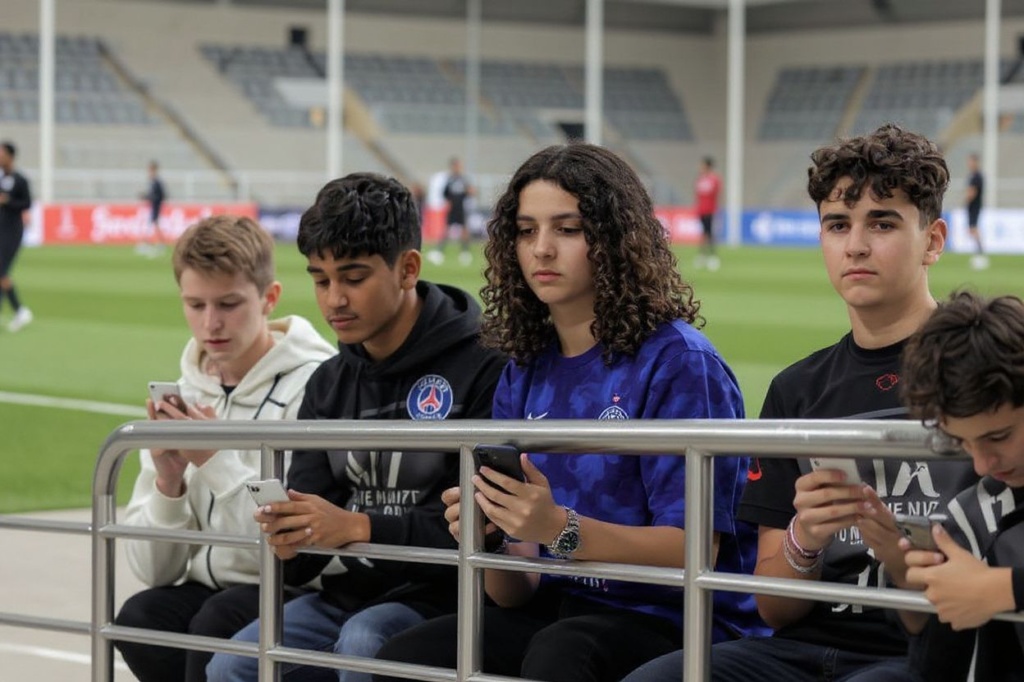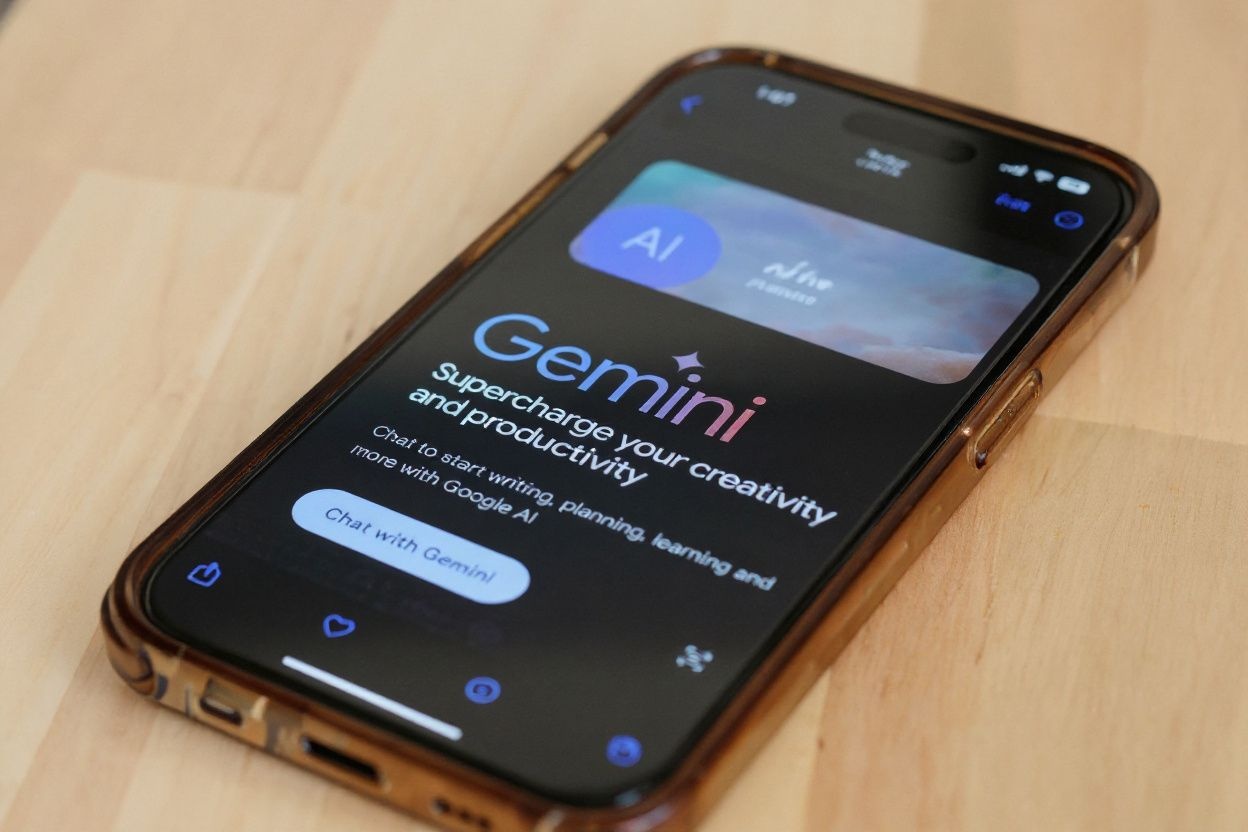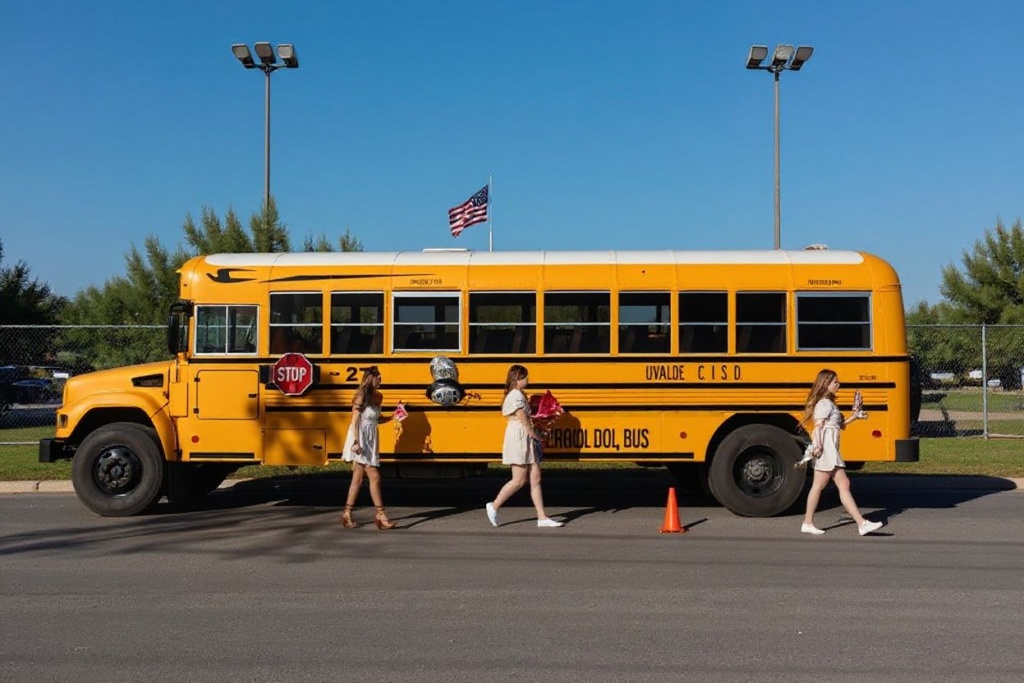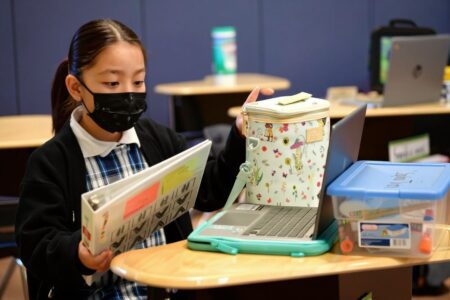
ChatGPT, OpenAI’s artificial intelligence (AI) chatbot, has caught the attention of US K-12 schools — for the wrong reasons.
One representative from Seattle Public Schools shared that the district banned ChatGPT from all school devices.
“Like all school districts, Seattle Public Schools do not allow cheating and requires original thought and work from students,” the representative told Geekwire.
Los Angeles Unified School District was one of the first districts to block the site on Dec. 12, 2023 — a move to “protect academic honesty,” says a spokesperson to the Washington Post.
It’s not surprising, considering ChatGPT can do a multitude of things. Since its inception, people have used the platform for homework assignments, taking exams, writing dissertations, and even producing computer code.
Some have even gone so far as to use it for therapy, or writing obituaries of loved ones.
Understandably, there are various concerns surrounding its usage, especially in US K-12 schools and beyond.
 Statistics from a survey by Common Sense Media, which has been tracking media use among children ages eight to 18, found that more than half of children in the US now own a smartphone by the age of 11.
Statistics from a survey by Common Sense Media, which has been tracking media use among children ages eight to 18, found that more than half of children in the US now own a smartphone by the age of 11.
How generative AI is being used and viewed in K-12 schools
The Alan Turing Institute released a report funded by the LEGO Group that explored the extent to which children are exposed to generative AI in their daily lives, and the contexts in which they are already using these tools.
While most AI debates and studies revolved around usage, jobs, models and more, this report was centred around something far more personal; instead of asking how to protect children from AI, it asks what children actually need from AI, and how their rights should shape these tools from the ground up.
Think about it. Millennials were there when the internet first emerged, and Gen Z is defined by the dominance of social media. It’s not a stretch to say that Gen Alpha will be the first generation to grow up with generative AI and its rapid expansion in their daily lives.
But despite being among those most likely to be most impacted by the technology over their lifetimes, they are the least represented in decision-making processes about its development, use and regulation.
The numbers don’t lie – the report revealed that one in four children already use some form of generative AI, such as ChatGPT, Gemini, and even other AI tools on platforms like TikTok, Snapchat, and more.
 Google has been pushing out its AI tools, ranging from its generative AI platform Gemini and its search engine’s AI Overview. Another finding was that AI helps children express themselves, especially those with learning needs – 78% of neurodivergent children use ChatGPT to communicate, especially about things they struggle with expressing.
Google has been pushing out its AI tools, ranging from its generative AI platform Gemini and its search engine’s AI Overview. Another finding was that AI helps children express themselves, especially those with learning needs – 78% of neurodivergent children use ChatGPT to communicate, especially about things they struggle with expressing.
But not every child is on board with generative AI, citing concerns about environmental impact after learning about its associated energy and water costs.
Other reasons include a prominent digital divide, with inequitable access to generative technology across private and public schools, and a lack of representation for those with diverse backgrounds and experiences.
Parents and educators have mixed opinions about the technology. Mainstream concern around students using AI often focuses on cheating, but that’s not what parents or teachers seem most worried about.
While 76% of parents support AI use, 82% are still fearful of inappropriate content and misinformation, while only 41% worry about cheating.
Educators, on the other hand, love generative AI, with 85% stating that it boosts their productivity and lesson planning, and makes them feel ahead of the digital curve. However, 72% admit they still worry about children’s critical thinking and development.
The conclusion? Banning ChatGPT and related generative technologies in US K-12 schools and more will not be a sustainable way to move forward.
 When teachers in US K-12 schools learn how to harness the benefits of this AI chatbot, they can transform the way they engage with students.
When teachers in US K-12 schools learn how to harness the benefits of this AI chatbot, they can transform the way they engage with students.
US K-12 schools should consider incorporating generative AI
One of the key takeaways from the Alan Turing Institute’s report was that there can be benefits to generative AI technologies when developed safely and responsibly, especially for children.
New generative AI tools must be developed with children’s interests in mind; even if they were not intended to be used by children, they still routinely interact with them.
Developers should consider how their tools impact children’s needs and interests and find ways to engage with them during the design, development, and deployment of generative AI.
So, rather than banning ChatGPT and other forms of generative AI, US K-12 schools and more should incorporate lessons about the technology and how to use it safely in formal curricula.
For example, instead of worrying about cheating, proper resources could inform children about ethical use and academic integrity considerations.
To address the digital divide, countries must consider government support for the targeted deployment of appropriate AI tools in public schools, promoting equitable access. Additionally, they should develop and provide free resources for schools to support learning about generative AI and ways to use it safely and appropriately.
“This research shows that children have important and nuanced opinions when it comes to the benefits and risks of generative AI,” says Dr Mhairi Aitken, Senior Ethics Fellow at the Alan Turing Institute.
“Children’s experiences with this technology are significantly different from those of adults, so it is crucial that we listen to their perspectives to understand their particular needs and interests. In doing so, we can mitigate the risks and enable age-appropriate generative AI tools to be developed safely to provide benefits to the young people who use them.”
Have further thoughts or opinions to share about the use of generative AI among US K-12 schools and beyond? We’d love to hear about them; reach out via editor@studyinternational.com to chat.
Disclaimer: This article was last updated on June 16, 2025.










